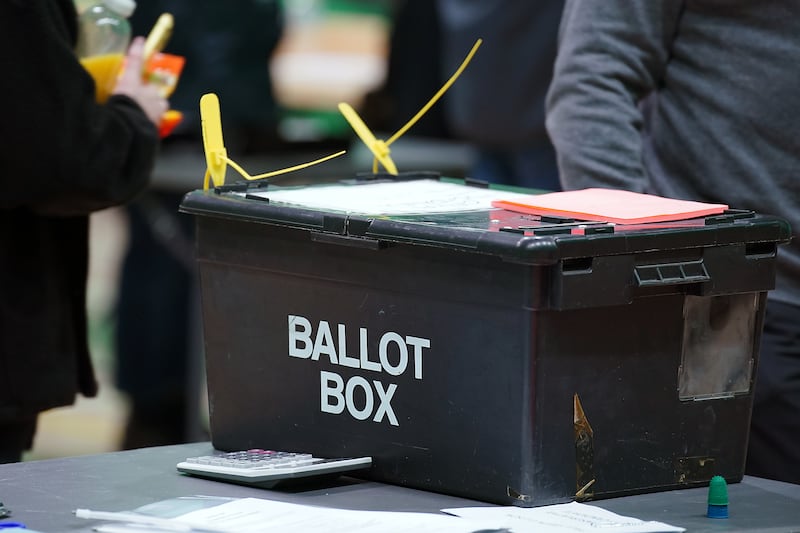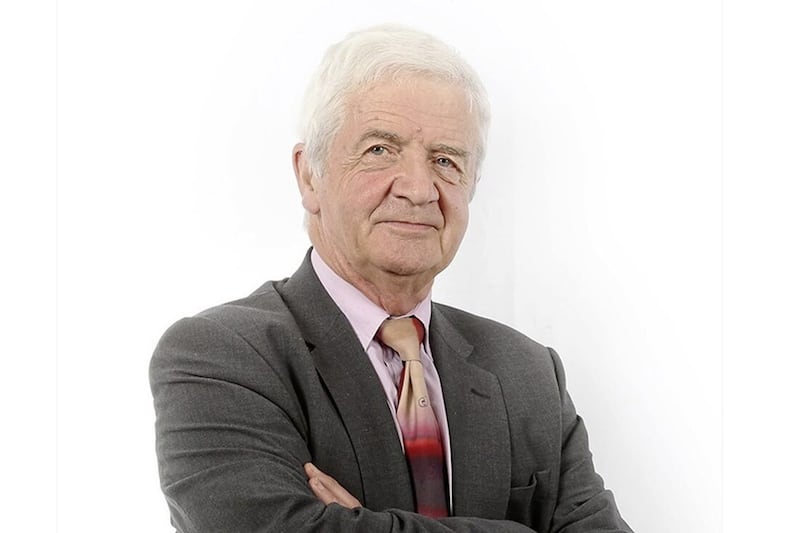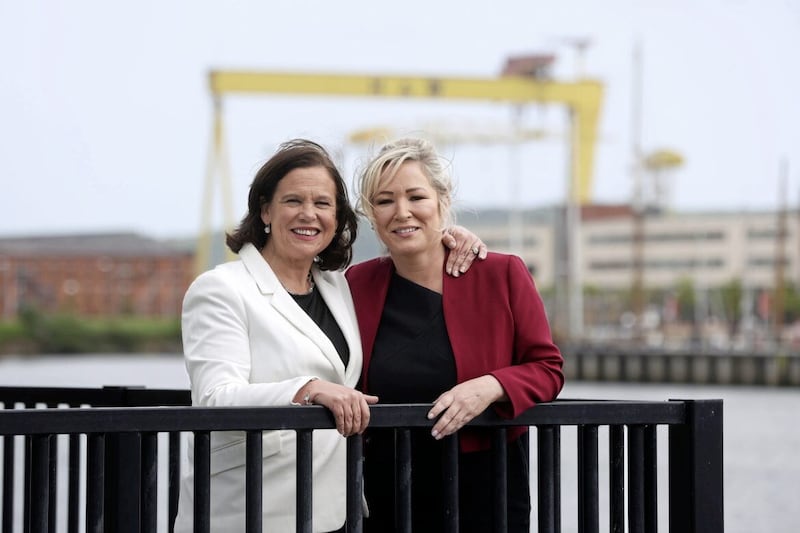On this day 25 years ago, chief electoral officer Pat Bradley took to the podium in Belfast's King's Hall and announced to the world the result of the referendum on the Good Friday Agreement.
Campaigners for a 'yes' vote have recalled that it was by no means considered a foregone conclusion that the deal negotiated weeks earlier would win cross-community support.
In the event, there was relief as more than 71 per cent gave the agreement their backing and politicians embarked on the task of establishing the devolved institutions we still largely live with today.
A quarter of a century on, the latest election results have fuelled debate about the timing of a further referendum, this time on the constitutional future of Northern Ireland.
There is no doubt the political landscape has been transformed since elections to a new Stormont assembly saw the Ulster Unionists and SDLP take almost half the seats in 1998.
Today Sinn Féin and the DUP dominate nationalism and unionism respectively, with the republican party now the biggest force at both assembly and local government level.
While Sinn Féin's phenomenal performance was the headline story from last Thursday's local government election, perhaps more striking is the fact that nationalist parties outpolled unionists for the first time ever.
When votes for Sinn Féin, the SDLP, Aontú, People Before Profit and the IRSP were added together, there was a clear gap to the combined total for the DUP, UUP, TUV, PUP and Conservatives.
Given that the boundaries of Northern Ireland were drawn to guarantee a secure unionist majority, this is clearly a moment of huge symbolic significance.
Politically, it has also led to calls for the Secretary of State to set out the precise conditions to be met for a border poll to be called under the terms of the Good Friday Agreement.
Of course votes for nationalist parties may not automatically translate to support for a united Ireland. The position of the 20 per cent of voters casting their ballots for 'other' parties including Alliance would be crucial.
However, what is certain is that the DUP's disastrous decision to back a hard Brexit, and subsequent boycott of Stormont over the protocol, has succeeded only in ensuring those voices calling for constitutional change grow louder.
It would be in both the party and wider unionism's interest to demonstrate that devolution can still work by immediately rejoining an executive and committing itself to genuine power-sharing for the benefit of all the people in a rapidly changing Northern Ireland.






